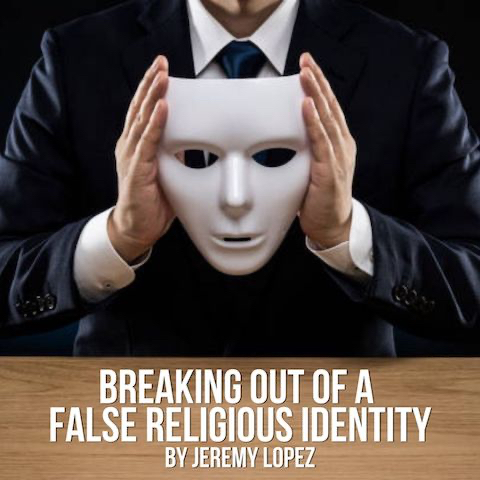"How you relate to human beings is how you relate to God, and how you relate to God is how you relate to human beings." —Father Richard Rohr
There are some truths that stop us in our tracks—not because they are complicated, but because they are arrestingly simple. This quote by Franciscan priest and author Richard Rohr is one of them. It’s a mirror, quietly reflecting back the very heart of our spirituality and relationships. It challenges our compartmentalized notions of faith and invites us into a fuller, more integrated life.
Too often, religion has been treated as a vertical relationship—me and God—detached from the horizontal one—me and others. But Rohr reminds us that these are not two relationships. They are one. Seamless. Intertwined. Inseparable.
The Divine Echo in Every Face
Scripture tells us we are made in the image of God (Genesis 1:27). That means every person we encounter carries the divine spark. When we are impatient with others, quick to judge, slow to forgive, or indifferent to suffering, we are not merely failing in human kindness—we are failing in divine relationship.
Conversely, when we offer compassion, presence, justice, or even simple dignity to another person, we are entering sacred space. Jesus made this radical linkage unmistakably clear: “Whatever you did for one of the least of these... you did for me” (Matthew 25:40). The way we treat others is not just a reflection of our spiritual life—it is our spiritual life.
Our Image of God Shapes Our Humanity
The mirror works both ways. Rohr's quote doesn't just say our relationships with others reveal how we relate to God. It also says our relationship with God shapes how we relate to others.
If we imagine God as distant, harsh, or judgmental, we’re likely to carry that posture into our relationships. We may become rigid, overly critical, or fearful. But if we truly believe God is love—unconditional, present, forgiving, and liberating—then our capacity to love others grows in kind.
This is why contemplative practice, prayer, and spiritual formation are not luxuries. They are essential. Not because they make us “more religious,” but because they rewire how we show up in the world. The more time we spend in the presence of Love, the more we become that presence for others.
The Graced Life
As someone who calls myself a gracist—a believer in grace as the undercurrent of life and the currency of our interactions—I find Rohr's insight both convicting and liberating. It means grace is not just something I receive from God; it’s something I must extend to the world. It means I can't claim intimacy with God while withholding kindness from a neighbor—or a stranger—or even an enemy.
It also means the walls we build between “sacred” and “secular,” between “God moments” and “ordinary life,” begin to crumble. Every encounter becomes a thin place. Every person becomes a revelation.
Living the Integration
So, what might it look like to take this quote seriously?
-
It means our spiritual maturity isn’t measured by our church attendance or theological knowledge, but by our capacity to love.
-
It means reconciliation is not optional; it’s foundational.
-
It means that to be harsh, indifferent, or dismissive to others is to live in disconnection from God.
-
And it means that loving our neighbor—especially the one who annoys us, disagrees with us, or makes us uncomfortable—is one of the purest acts of worship.
Final Thoughts
Richard Rohr’s words call us to a beautiful, difficult, and utterly transforming path. It is the path where spirituality and humanity meet, where we no longer treat others as obstacles or afterthoughts, but as holy ground. It’s where our faith is no longer abstract, but embodied.
In the end, perhaps the surest sign that we are growing closer to God is not only how often we speak God’s name, but also how tenderly we speak another’s.
Patrick Carden







